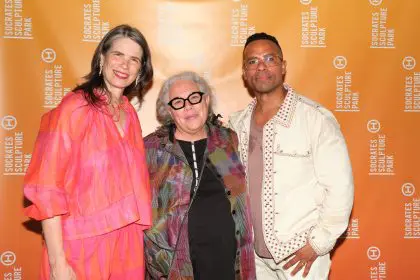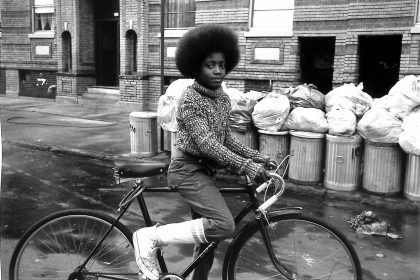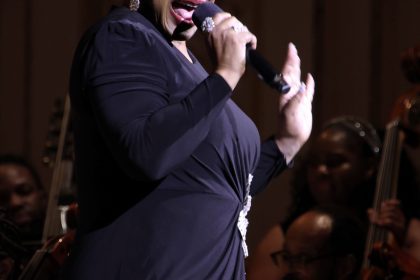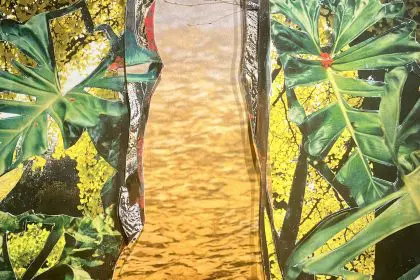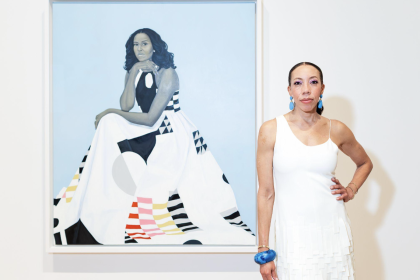On the “A” w/Souleo …
It took Dutchess Lattimore nearly 20 years before discovering that she possessed the skills to become a tattoo artist. The star of VH1’s hit reality series, “Black Ink Crew,” thought she would get an “easy A” in college by registering for a drawing class. Unforeseen by her, the class would inspire her to leave behind an opportunity working in marketing at an architecture firm to enter the world of needles and ink. The North Carolina native finds that a lack of access to arts education in communities of color leads many to potentially miss their calling.
“Where I am from they took all the art programs out of public schools, so I had no access to knowing I was talented in that area,” she said. “It wasn’t until college that I found something I really love.”
Stories like Lattimore’s are cited as one of the main reasons people of color are underrepresented within the tattoo and body art industry. Despite the cultural popularity of tattoos in the African American community — from athletes (J.R. Smith) and rappers (The Game) to pop stars (Rihanna) — there are few documented licensed Black artists. In fact, statistics are nearly impossible to find on exactly how many Black artists exist in this industry. TrueArtists, which calls itself “the largest association of certified tattoo artists in the world,” does not track ethnicity on its applications. And not one of the subjects interviewed for this article could identify a professional organization that focused on artists of color.
It is this lack of exposure surrounding the story of blacks in the world of tattoos that inspired filmmaker Artemus Jenkins to collaborate with Black tattoo artist Miya Bailey on the documentary, Color Outside the Lines. The film delves into the history of black tattoo culture, addresses the obstacles faced by those seeking opportunities in the field, and looks at the artistic practice of legitimate tattoo artists vs. scratchers — untrained individuals providing cheap but often dangerous tattoo services.
To read the entire column, click here.


